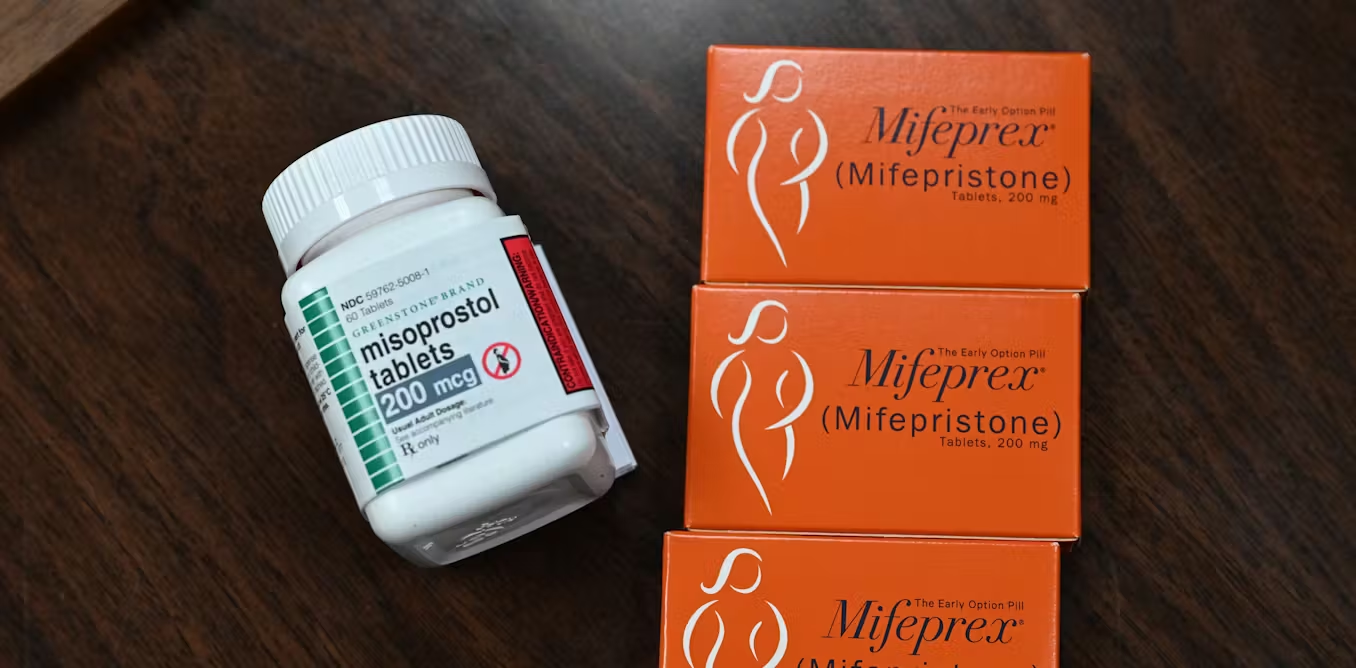A federal judge on Friday permitted North Carolina lawmakers to defend their restrictions on the abortion pill mifepristone, following the state attorney general’s decision not to support them.
In January, Dr. Amy Bryant, a physician in North Carolina, filed a lawsuit against the state to block its mifepristone restrictions, arguing they exceed the regulations set by the Food and Drug Administration (FDA).
State Attorney General Joshua Stein, a Democrat, sided with Bryant and chose not to defend the state’s restrictions.
Stein informed North Carolina lawmakers that the FDA concluded such restrictions excessively hinder patients’ access to a safe and effective drug.
President of the North Carolina Senate, Philip Berger, and State House Speaker Timothy Moore intervened to uphold the state’s laws.
North Carolina operates under divided government, with a Republican-majority legislature and a Democratic governor, Roy Cooper.
The judge directed Berger and Moore to respond to Bryant’s lawsuit by March 24.
Berger and Moore contended that the Supreme Court’s decision to overturn Roe v. Wade in June granted states authority to regulate abortion.
They argued that nullifying North Carolina’s mifepristone restrictions would encroach upon the state legislature’s powers.
Since the Supreme Court’s ruling, the abortion pill has become a focal point in the debate over abortion access.

The North Carolina case is one of several legal challenges testing whether FDA regulations or state laws will govern mifepristone’s administration.
In January, the FDA significantly relaxed federal restrictions on mifepristone. The agency eliminated the requirement for patients to obtain the medication in person from a certified provider and permitted retail pharmacies to dispense it under federal oversight.
However, patients still need a prescription from a certified healthcare provider for a medical abortion.
These FDA changes allow patients to receive prescriptions via telehealth and have the medication delivered by mail.
North Carolina’s laws remain stricter than federal regulations. The state mandates that patients obtain mifepristone in person from a physician at a specially certified facility.
The physician must be physically present when the patient takes the pill, and women must wait 72 hours after signing a consent form before receiving the medication.
Mifepristone, when used with misoprostol, is the most common method of terminating pregnancies in the U.S., accounting for approximately half of all abortions.
In Texas, physicians opposed to abortion have petitioned a federal judge to compel the FDA to revoke its approval of the abortion pill, which has been in place for more than two decades.
Additionally, GenBioPro, a manufacturer of the pill, has filed a lawsuit against West Virginia to overturn its abortion ban.
Democratic attorneys general have also urged a federal judge in Washington state to declare the remaining FDA restrictions on mifepristone unconstitutional.
